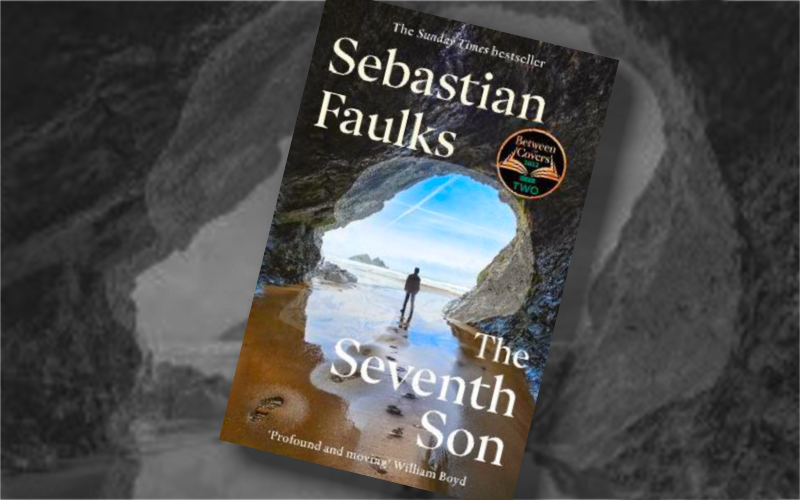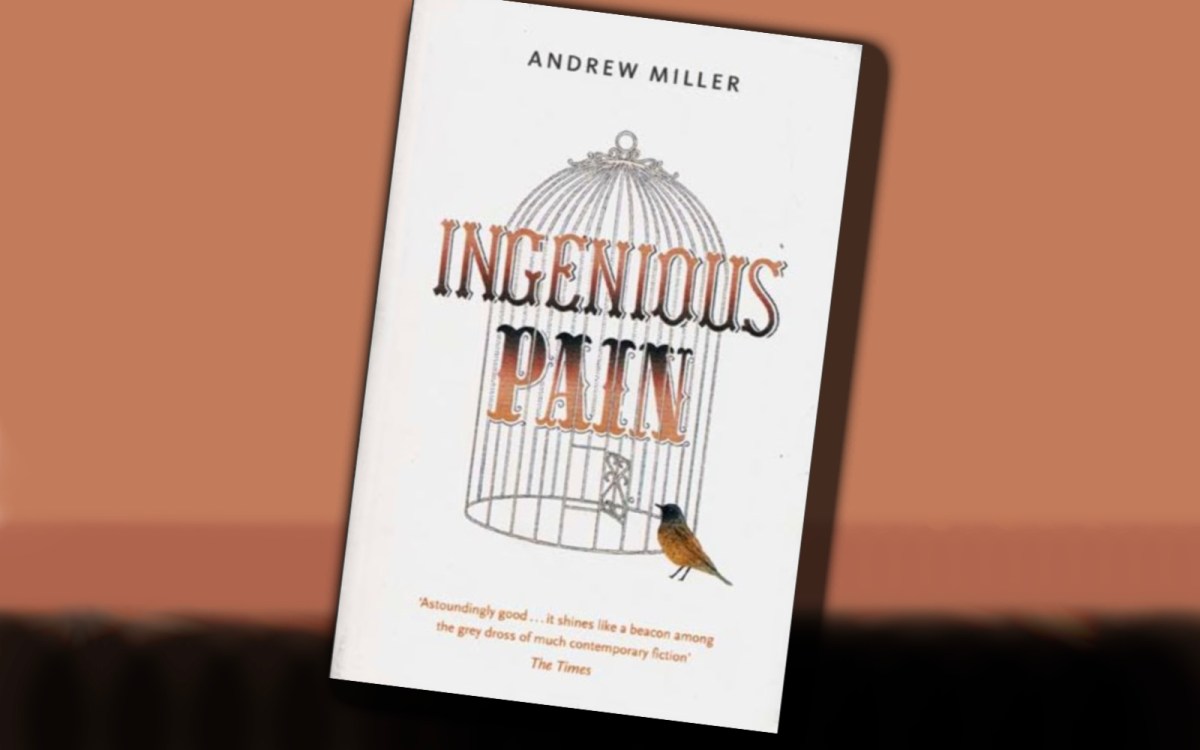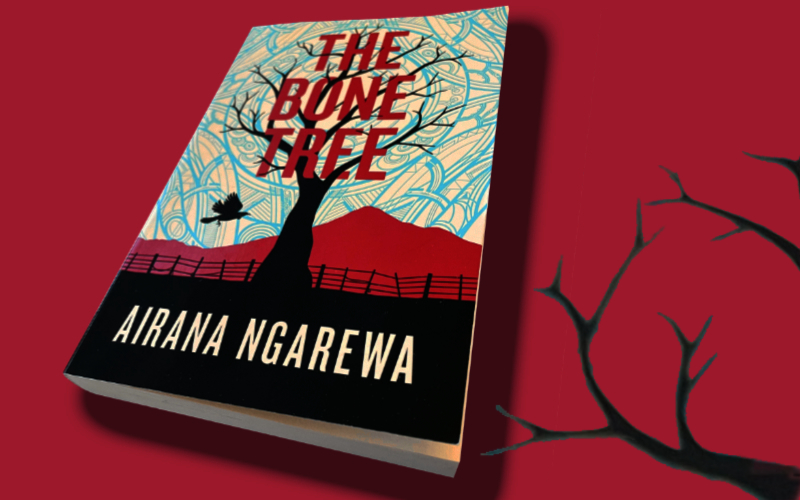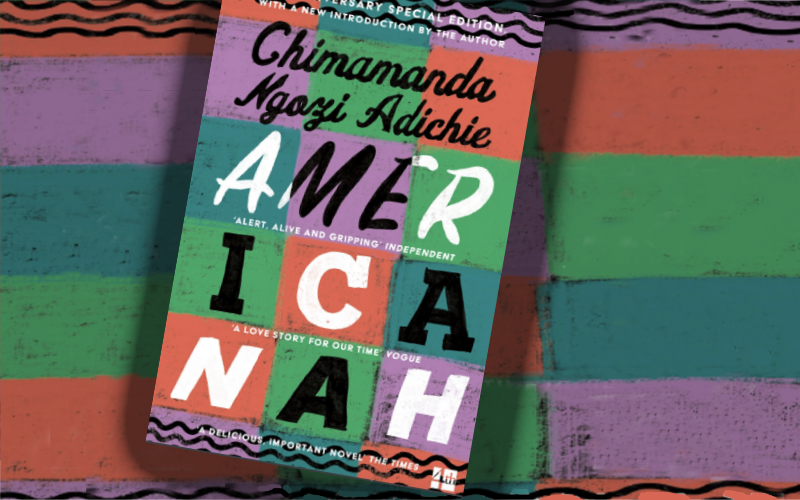The last John Boyne I reviewed went in my books that don’t make the cut page. This one, however, was a highlight of the year so far (hey, it’s only February).
A woman arrives on an island off the coast of Ireland with chopped hair and a new name and takes a remote house. It’s a fail-safe start to a yarn. Why is she there, who is she hiding from, what’s happened? She’s been all over the press, we learn. Her husband is in jail, disgraced. Willow, not her real name, engages with the community on the island, enough to keep the gossipers away, hoping they wont discover her past. She takes a young lover, has the occasional meal at the local pub. Thinks about how she ended up in hiding. Boyne leads us along through this excellent woman’s voice, into a past story that slowly unfolds.
Continue reading “Water – book review”









